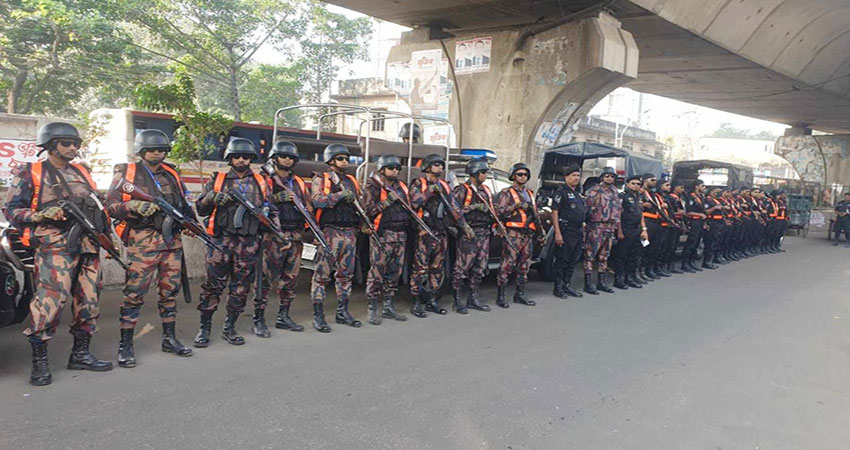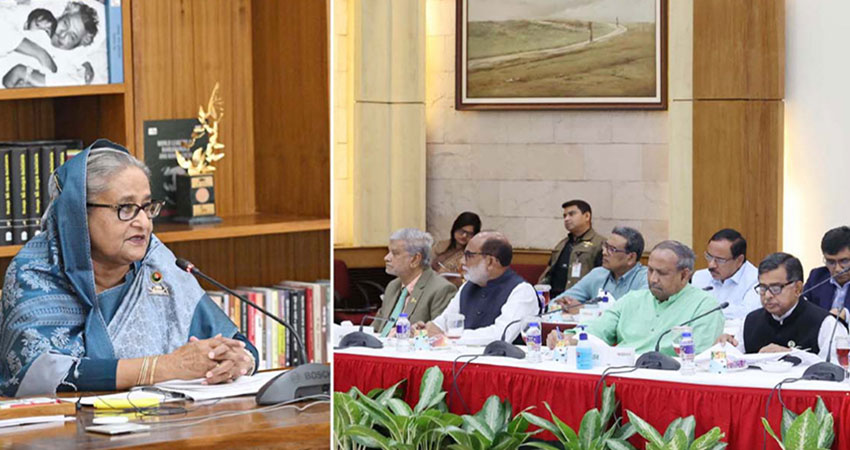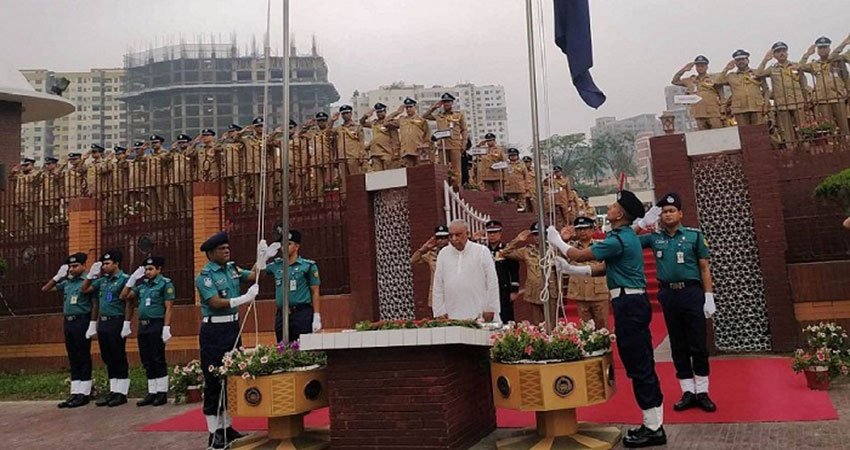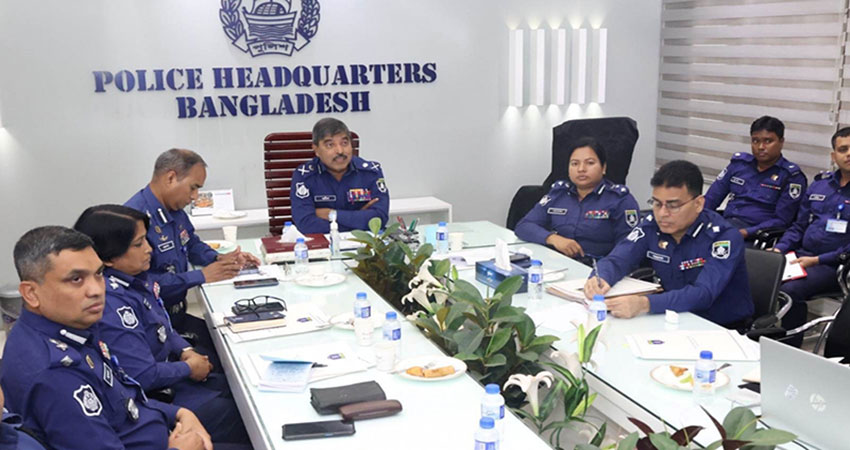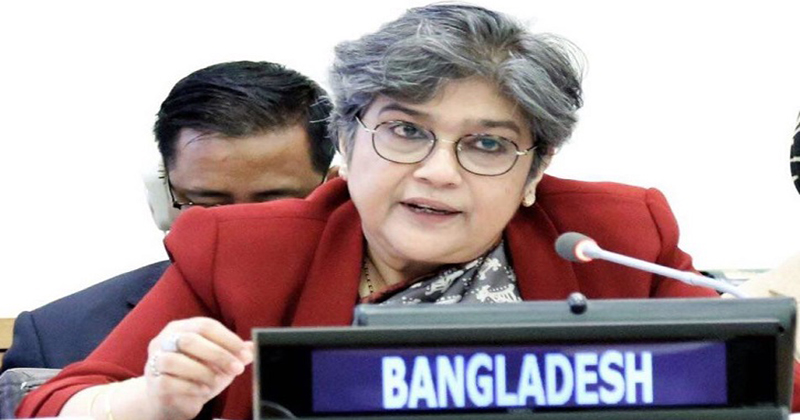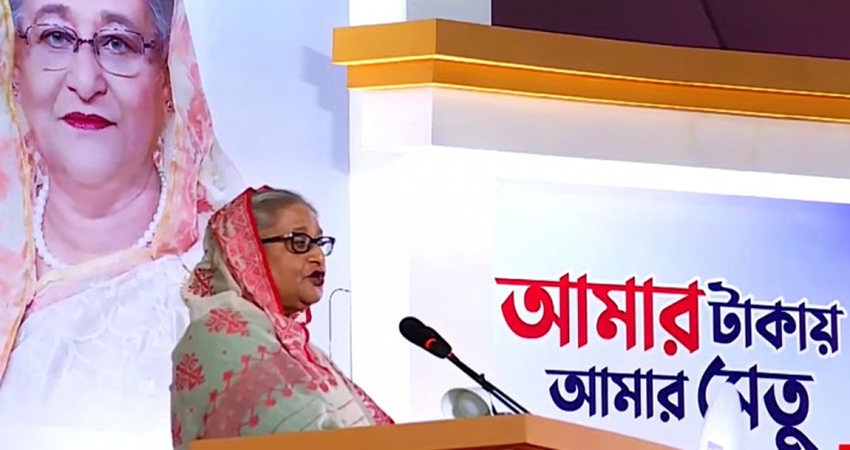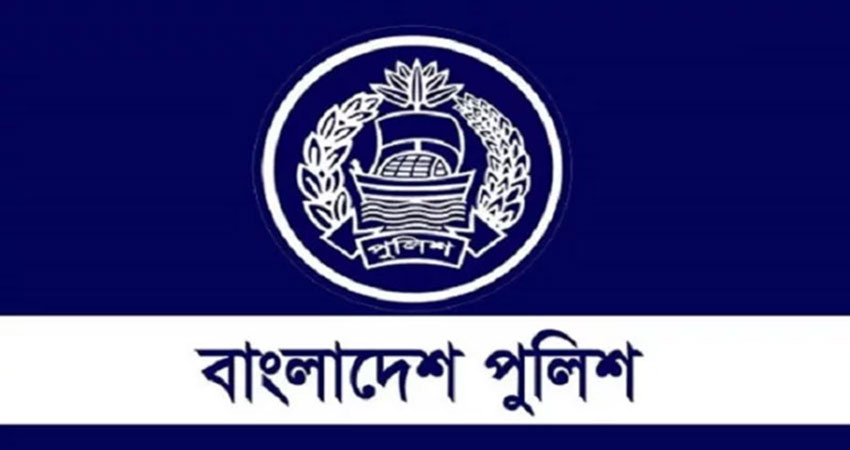It is back to the basics for the BNP, which, after conducting its first hartal in eight years, called for a three-day rail, road and waterways blockade across the country.
Aside from safety concerns, businesses have already expressed worries about the toll such political instability could take.
Speaking to The Business Standard on Monday, Md Mahbubul Alam, president of the Federation of Bangladesh Chambers of Commerce and Industry (FBCCI), said if a situation like in 2013 was created, investments would be blocked.
In 2013, just ahead of the 2014 national elections, the BNP-led 20-party alliance took to the streets in a series of hartals and blockades. This was followed up by another series of similar demonstrations by the parties in 2015 in protest against what they termed an "unfair" election.
According to a World Bank report, Bangladesh had suffered a financial loss of around $2.2 billion, or Tk17,150 crore without adjusting for inflation and exchange rate, in the first three months since the blockade was announced that year.
According to the Dhaka Chamber of Commerce and Industry, strikes and blockades by BNP cost the country a total of Tk1,600 crore (or USD 192.3 million) or 0.2% of the GDP per day.
"If our image is damaged, foreign direct investment or local investment - all will turn away."
Maintaining stability is everyone's moral responsibility, he said, adding that the 28 October violence centring rallies called by BNP, AL and Jamaat-e-Islami in the capital were not good for anybody.
"No businessman wants such an environment. Everyone wants stability of the country. If stability is lost, the economy will be destroyed."
This desired stability has again come under threat following the declaration of the three-day blockade.
The announcement was made by the party's Joint Secretary General Ruhul Kabir Rizvi during a virtual press briefing on Monday evening.
The location of the briefing was kept undisclosed, a fallout of yesterday's arrest of party Secretary General of the Mirza Fakhrul Islam Alamgir.
The Jamaat-e-Islami also announced the exact same blockade programme a few hours later on the same day.
Since then, both parties have kept mum about their plans. Any question is met with silence, aside from the fact that it is part of their movement to restore a poll-time government for the next election.
Besides the economic costs, the 2015 blockades also uprooted entire lives.
The January blockade programme – pausing and resuming, interspersed with hartals – led to 53 people killed in arson attacks and 654 vehicles damaged by the first week of March.
The scars from those months are fresh, even for the ruling party. The AL, too, is ready to answer BNP's hard line approach with one of their own.
The AL and its affiliated organisations, alongside the entirety of its 14-party alliance, plan to remain in the streets in response to the three-day nationwide blockade commencing today.
Several AL leaders told The Business Standard that the BNP created chaos during the mass rally on 28 October, and that they will likely create more chaos to disrupt the elections.
The AL is taking all necessary measures to deal with the "anarchy" and keep the streets under their control.
The AL and its allies have decided to demonstrate their strength by confronting the BNP and Jamaat workers until the elections.
They have resolved not to allow the BNP-Jamaat to occupy the streets in any way, they said.
The BNP-Jamaat's blockade programme, however, hasn't come as a surprise.
Back in October this year, party sources had said the month of October, right after the Puja holidays, would be the start of its "all-out movement".
BNP-Jamaat insiders said they will hold blockades, sieges, sit-ins, strikes, and rallies as part of the "final push".
The blockade, also timed a day after the hartal, also allows leaders of both parties to return to their districts to ensure the programme is a success.
Law enforcers, meanwhile, are also taking preparations.
The Dhaka Metropolitan Police believes there is a threat of sabotage in the three-day blockade programme.
It has also filed 36 cases accusing 1,544 people over the 28 October violence.
By 29 October, 256 people had been arrested from the capital, in addition to hundreds others held in different districts.
Speaking to the press on Monday, DMP Additional Commissioner (Crime and Operations) Khandkar Mahid Uddin said, "We came to know yesterday evening that the blockade programme will be held for the next three days focusing on rail, roads and waterways. There are no specific reports of sabotage, but we have our suspicions so we will plan accordingly."
He said the DMP was taking all-out efforts to keep citizens safe.
The government also deployed eight platoons of Bangladesh Border Guard (BGB) members in the capital ahead of BNP's three-day blockade.
Election Commission (EC) Secretary Jahangir Alam also said at a press conference on Monday that law enforcement and intelligence agencies reported that the overall situation in the country was peaceful.
"A major political party has announced a blockade following a strike. In this regard, law enforcement and intelligence agencies have informed the Election Commission of their observations on this matter," he said.
"If any situation arises, a decision will be taken accordingly," he said.
The BNP and its allies have been holding political programmes as part of its movement in demand of the return of democracy, the release of Khaleda Zia, sending her abroad for better treatment, and a non-partisan polls-time government.
The Jamaat also wants a caretaker government for the polls, alongside the release of its leaders.
Earlier on Monday, Foreign Minister AK Abdul Momen told diplomats that BNP had repeated its long history of pre-election violence during the 28 October rallies.
He also discussed the footage which proved that the BNP was behind the murder of a cop.
At least four people, including a police constable, had died in violence that ensued soon after the rallies of the three political parties began on Saturday.

